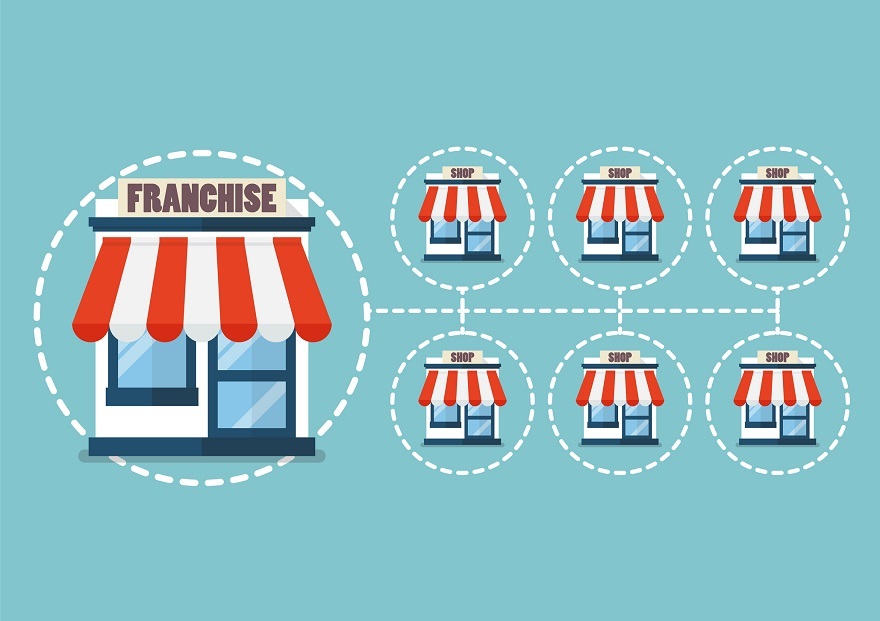
For many business owners, franchising can appear to be an ideal form of expansion and growth. After all, franchisees are responsible for the entire investment in opening locations and, because of that investment, are highly-motivated to perform well. That allows franchisers with the right tools to grow far faster than they might otherwise.
But not all businesses are cut out to franchise.
One of the most important questions to ask if you’re considering franchising, is simply, “Am I ready?” While the the answer to this is better arrived at by a comprehensive discussion with our team of experts, here are some basics that can help you decide if your business has what it takes.
- Is it working? In order to franchise a business, the business model must first be proven. There’s no law, of course, requiring that a franchisor demonstrate competence, but there’s a certain number of practical considerations. In order to establish credibility to sell franchises, you’ll need to show you’ve got a successful operating prototype.
- Can you sell it? In order to be franchisable, the business model also needs to be attractive to potential franchisees. While it is difficult to quantify “sale-ability,” factors such as credibility, uniqueness, and brand “sizzle” all contribute. This being said, you must know your audience.
- Can you clone it? One key to success in franchising is making sure that your franchises are easy to duplicate. If the concept only works because of a unique location, a superstar salesperson, or because an owner is working 80-hour weeks, it is going to be difficult to repeat the magic. Ideally, a franchise concept should be relatively simple to operate and should be able to work in a variety of markets.
- Can your franchise provide an adequate return? A franchisee who is an owner-operator will expect to get a return, both for the time that they spend in the business as well as their investment in the franchise. The model has to be tried and tested to ensure that regardless of the strengths of each individual franchisee, there will be a sustainable return.
- Have you committed to providing value? The franchise business is largely about maintaining relationships. The most successful franchisors are typically those that are the most committed to making sure that their franchisees are successful. This means putting together the right “central support” team possible for them to thrive.
- Do you have the capital? While franchising may provide a low-cost means of expansion, it is not a “no cost” strategy. A new franchisor will need capital to develop legal documents, manuals, training programs and marketing materials, not to mention a marketing budget for franchise lead generation.
Sometimes even the best-laid plans will result in failure if the underlying business is not ready for prime time. If you’re considering franchising, set up a consultation with us today, you may be more ready than you think!
For many business owners, franchising can appear to be an ideal form of expansion and growth. After all, franchisees are responsible for the entire investment in opening locations and, because of that investment, are highly-motivated to perform well. That allows franchisers with the right tools to grow far faster than they might otherwise.
But not all businesses are cut out to franchise.
One of the most important questions to ask if you’re considering franchising, is simply, “Am I ready?” While the the answer to this is better arrived at by a comprehensive discussion with our team of experts, here are some basics that can help you decide if your business has what it takes.
- Is it working? In order to franchise a business, the business model must first be proven. There’s no law, of course, requiring that a franchisor demonstrate competence, but there’s a certain number of practical considerations. In order to establish credibility to sell franchises, you’ll need to show you’ve got a successful operating prototype.
- Can you sell it? In order to be franchisable, the business model also needs to be attractive to potential franchisees. While it is difficult to quantify “sale-ability,” factors such as credibility, uniqueness, and brand “sizzle” all contribute. This being said, you must know your audience.
- Can you clone it? One key to success in franchising is making sure that your franchises are easy to duplicate. If the concept only works because of a unique location, a superstar salesperson, or because an owner is working 80-hour weeks, it is going to be difficult to repeat the magic. Ideally, a franchise concept should be relatively simple to operate and should be able to work in a variety of markets.
- Can your franchise provide an adequate return? A franchisee who is an owner-operator will expect to get a return, both for the time that they spend in the business as well as their investment in the franchise. The model has to be tried and tested to ensure that regardless of the strengths of each individual franchisee, there will be a sustainable return.
- Have you committed to providing value? The franchise business is largely about maintaining relationships. The most successful franchisors are typically those that are the most committed to making sure that their franchisees are successful. This means putting together the right “central support” team possible for them to thrive.
- Do you have the capital? While franchising may provide a low-cost means of expansion, it is not a “no cost” strategy. A new franchisor will need capital to develop legal documents, manuals, training programs and marketing materials, not to mention a marketing budget for franchise lead generation.
Sometimes even the best-laid plans will result in failure if the underlying business is not ready for prime time. If you’re considering franchising, set up a consultation with us today, you may be more ready than you think!
Back to Listing


